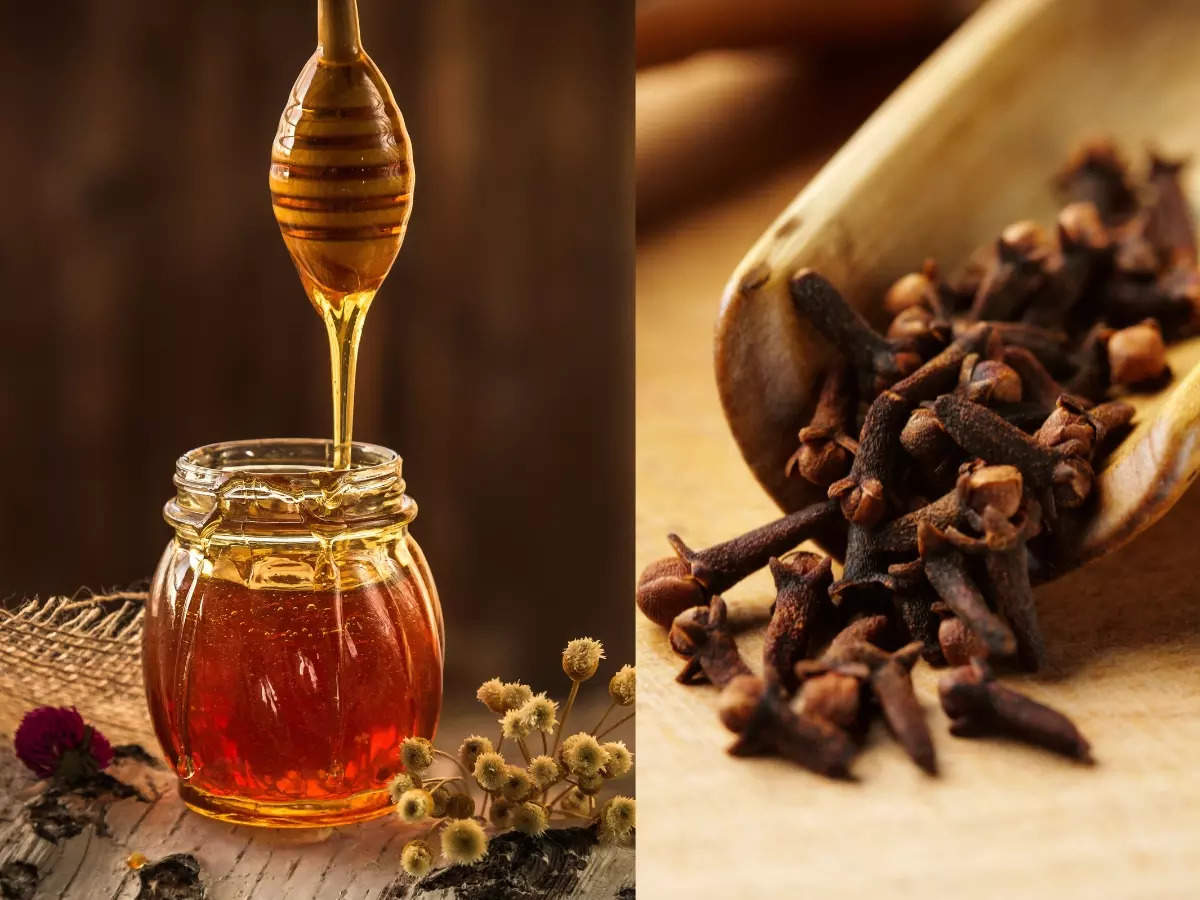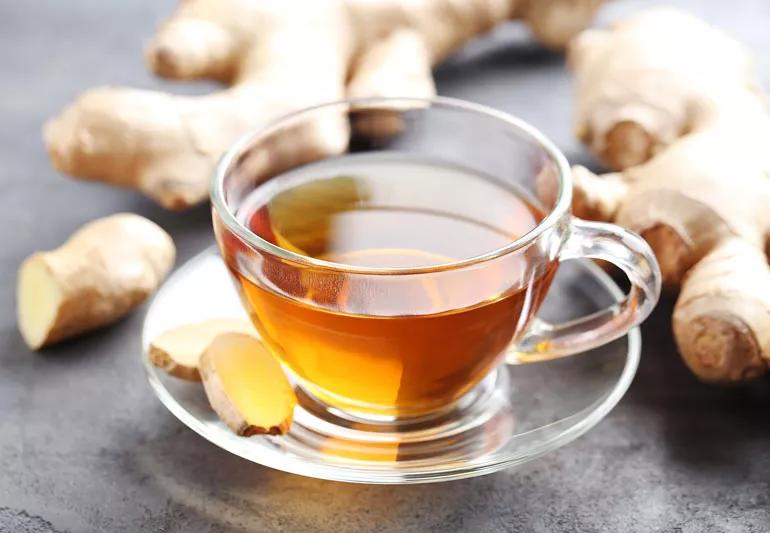Natural remedies have long been used in traditional medicine systems such as Ayurveda and Traditional Chinese Medicine. Among the most popular and scientifically studied natural ingredients are ginger, cloves, and honey. When combined, these ingredients may support the body’s overall wellness by providing antioxidant, anti-inflammatory, and antimicrobial properties.
This article explores science-backed health benefits of these ingredients, how to safely prepare a simple mixture at home, and precautions to keep in mind.
What the Science Says
Ginger
Ginger (Zingiber officinale) contains gingerol, a bioactive compound known for its anti-inflammatory and digestive benefits. The National Institutes of Health (NIH) and Mayo Clinic highlight ginger’s role in reducing nausea, motion sickness, and minor muscle soreness.
Cloves
Cloves (Syzygium aromaticum) are rich in eugenol, a natural compound with demonstrated antioxidant and antimicrobial effects, as documented in studies published by the Journal of Medicinal Food and Cleveland Clinic. Cloves also support oral health, and are commonly used in home remedies for toothache relief.
Honey
Raw honey is widely acknowledged by the World Health Organization (WHO) and Harvard Health Publishing as a traditional remedy for soothing sore throats and mild coughs. Its natural antibacterial properties make it useful in wound healing and immune support.
12 Health Benefits of Mixing Ginger, Cloves, and Honey
While these ingredients are beneficial individually, combining them may enhance their effects due to complementary properties.
1. Supports Immune Health
Honey and cloves exhibit antimicrobial effects that may help the body resist common infections. Ginger adds an anti-inflammatory component that supports immune function.
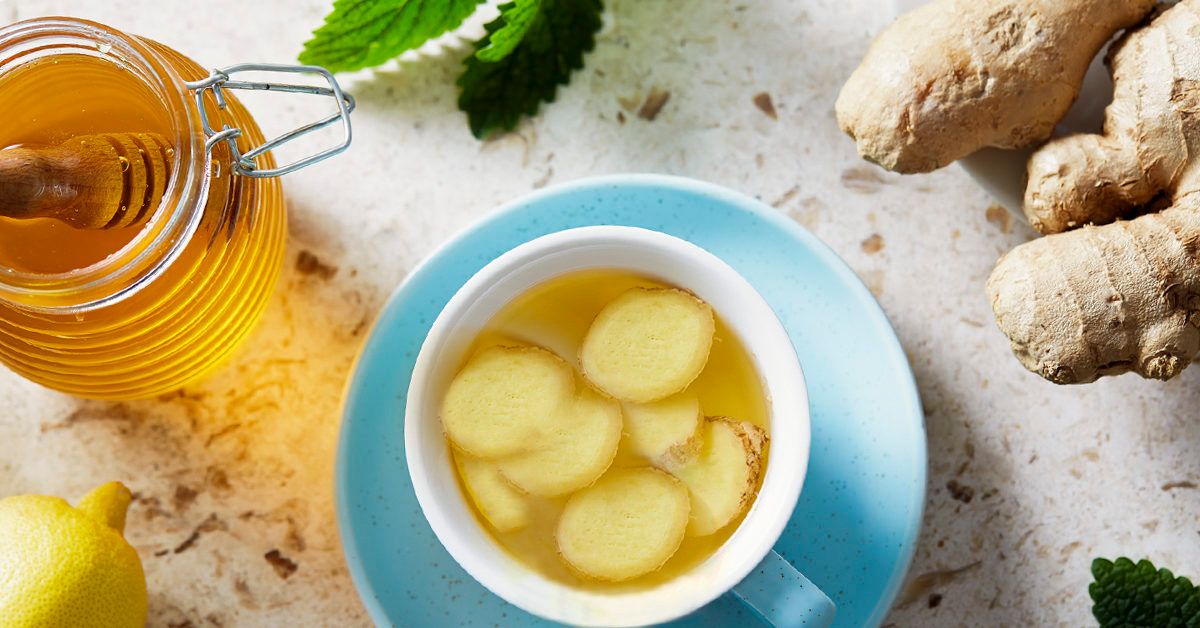
2. Eases Mild Cold and Cough Symptoms
According to WHO guidelines, honey can help soothe the throat and reduce nighttime coughing in children over age one. Ginger and cloves may provide mild decongestant support.
3. Supports Healthy Digestion
Ginger is widely used to alleviate indigestion and bloating, while cloves may stimulate the secretion of digestive enzymes.
4. Promotes Oral Health
Cloves have been studied for their effectiveness against oral bacteria like Streptococcus mutans, a major cause of dental cavities.
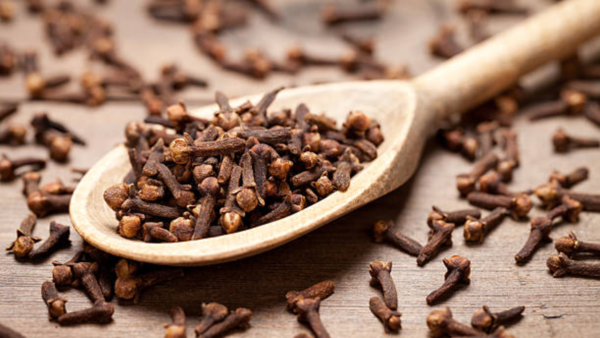
5. Relieves Nausea
Ginger has been clinically studied for its role in reducing nausea associated with pregnancy, chemotherapy, and motion sickness.
6. May Support Blood Sugar Balance
Preliminary research, including findings published in Complementary Therapies in Medicine, suggests that ginger and cloves may help regulate blood glucose levels, especially when used as part of a balanced diet. However, they are not a substitute for medical treatment.
7. Mild Anti-Inflammatory Support
The antioxidant properties of ginger and cloves may assist in managing minor inflammation and oxidative stress.
8. Natural Energy Boost
Honey provides a natural source of carbohydrates, which can help sustain energy without the rapid crash associated with processed sugars.
9. May Reduce Menstrual Discomfort
Studies in Journal of Alternative and Complementary Medicine have shown that ginger may help relieve mild menstrual cramps. Clove oil, used topically, has also demonstrated analgesic properties.
10. Potential Respiratory Support
Ginger and cloves are traditional ingredients in herbal teas used to clear mild congestion and soothe airways.
11. Mild Detoxification Support
While “detox” is a popular term, the body naturally detoxifies via the liver and kidneys. Ingredients like ginger may support this process by promoting healthy digestion and reducing inflammation.
12. Skin Health and Antioxidants
Ginger and cloves contain polyphenols, which may help reduce oxidative damage to skin cells. Honey is commonly used in skincare for its moisturizing and antibacterial effects.
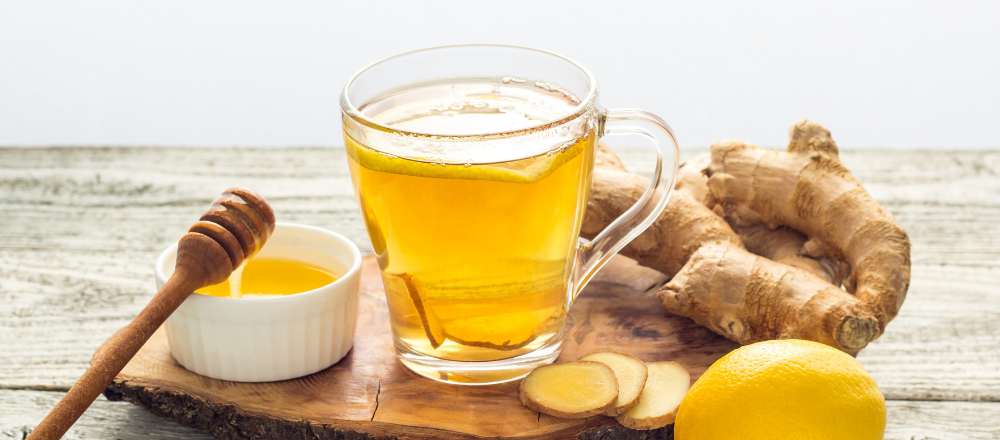
Simple Recipe: Ginger, Clove, and Honey Blend
Ingredients:
- 1 tablespoon freshly grated ginger
- ½ teaspoon ground cloves or 3–4 crushed whole cloves
- 2 tablespoons raw or organic honey
Instructions:
- Combine grated ginger and cloves in a clean bowl.
- Stir in honey until fully blended.
- Store in a sealed glass jar in the refrigerator.
Suggested Use: Take 1 teaspoon daily on an empty stomach or mix with warm water or herbal tea.
Important Precautions
While ginger, cloves, and honey are safe for most healthy individuals in moderation, there are a few important cautions:
- Not suitable for infants under 1 year due to risk of botulism from honey (CDC).
- Pregnant or breastfeeding women should consult their doctor before use, especially in concentrated forms.
- People with diabetes, gallstones, ulcers, or bleeding disorders should speak to a healthcare provider before using concentrated clove or ginger products.
- Avoid excessive use; 1–2 teaspoons per day is sufficient for most adults.
Final Thoughts: Use Nature Wisely
Ginger, cloves, and honey offer more than pleasant flavor—they bring together centuries of traditional wisdom and modern science. When used responsibly, this combination may provide gentle support for immunity, digestion, and overall wellness.
However, it’s essential to remember that no natural remedy can replace a healthy diet, regular exercise, and proper medical care. Always consult your healthcare provider if you have underlying conditions or are taking prescription medications.
By staying informed and using verified sources, we can enjoy the benefits of natural health without falling for exaggerated or misleading claims.
Verified Sources Used:
- National Institutes of Health (NIH)
- Cleveland Clinic
- Harvard Health Publishing
- World Health Organization (WHO)
- Mayo Clinic
- Centers for Disease Control and Prevention (CDC)

